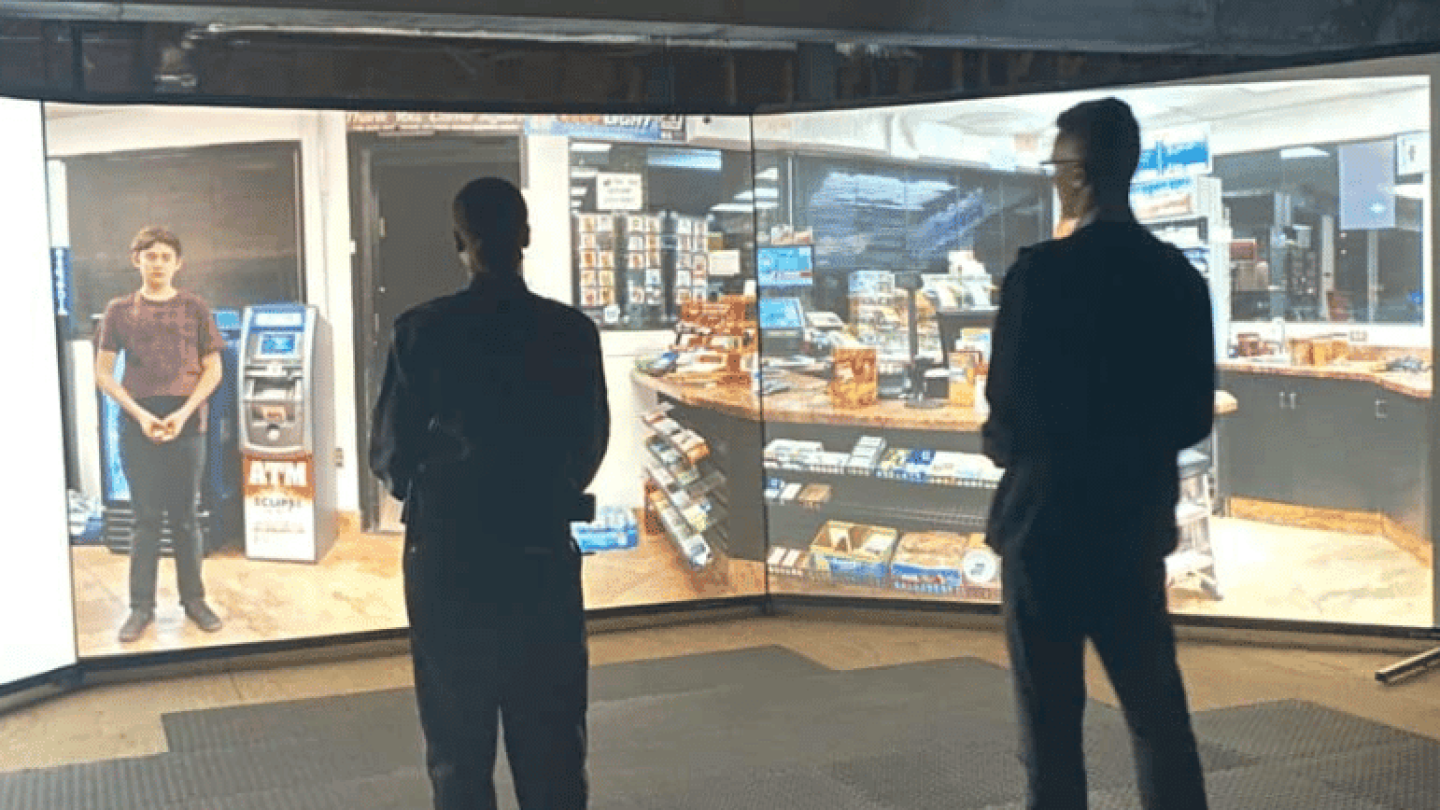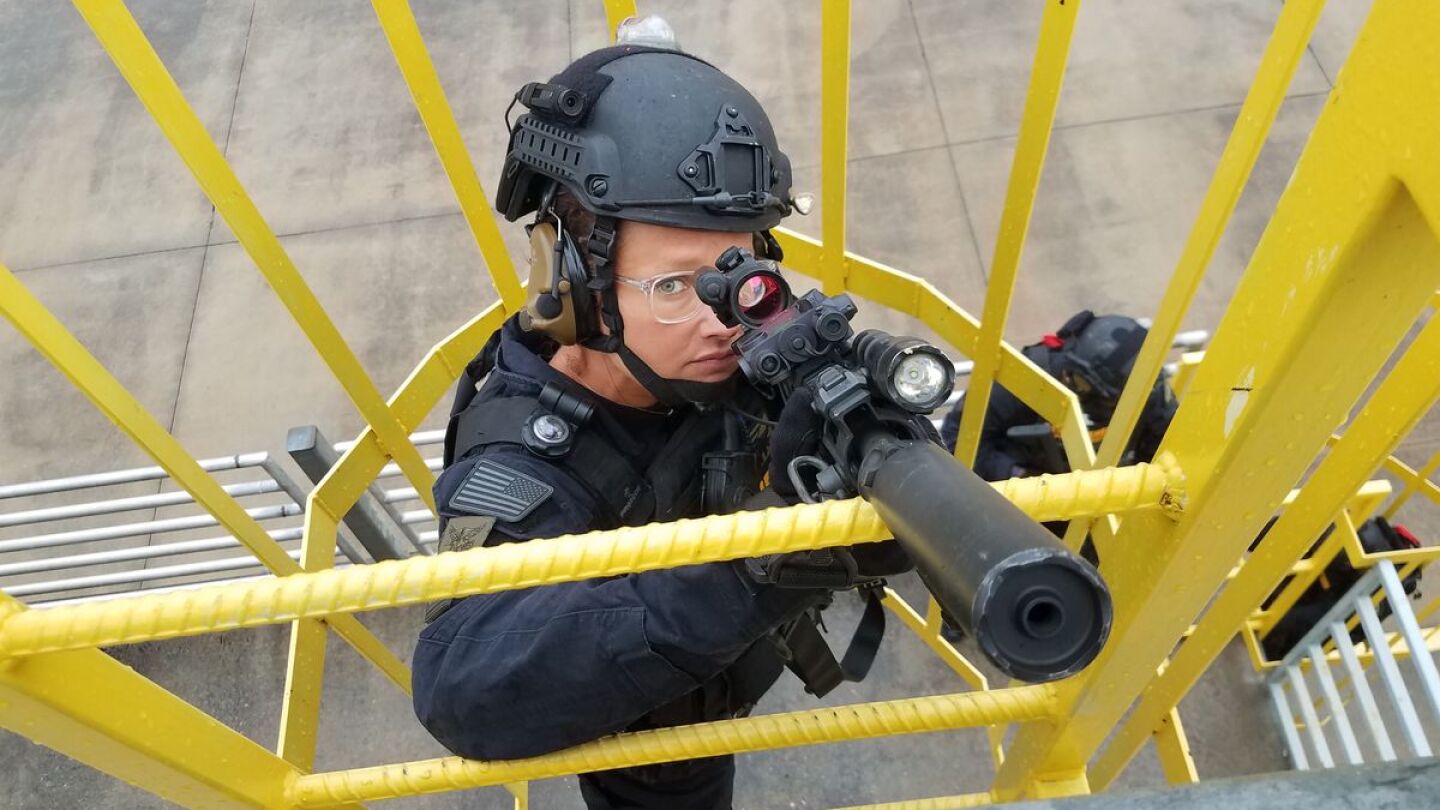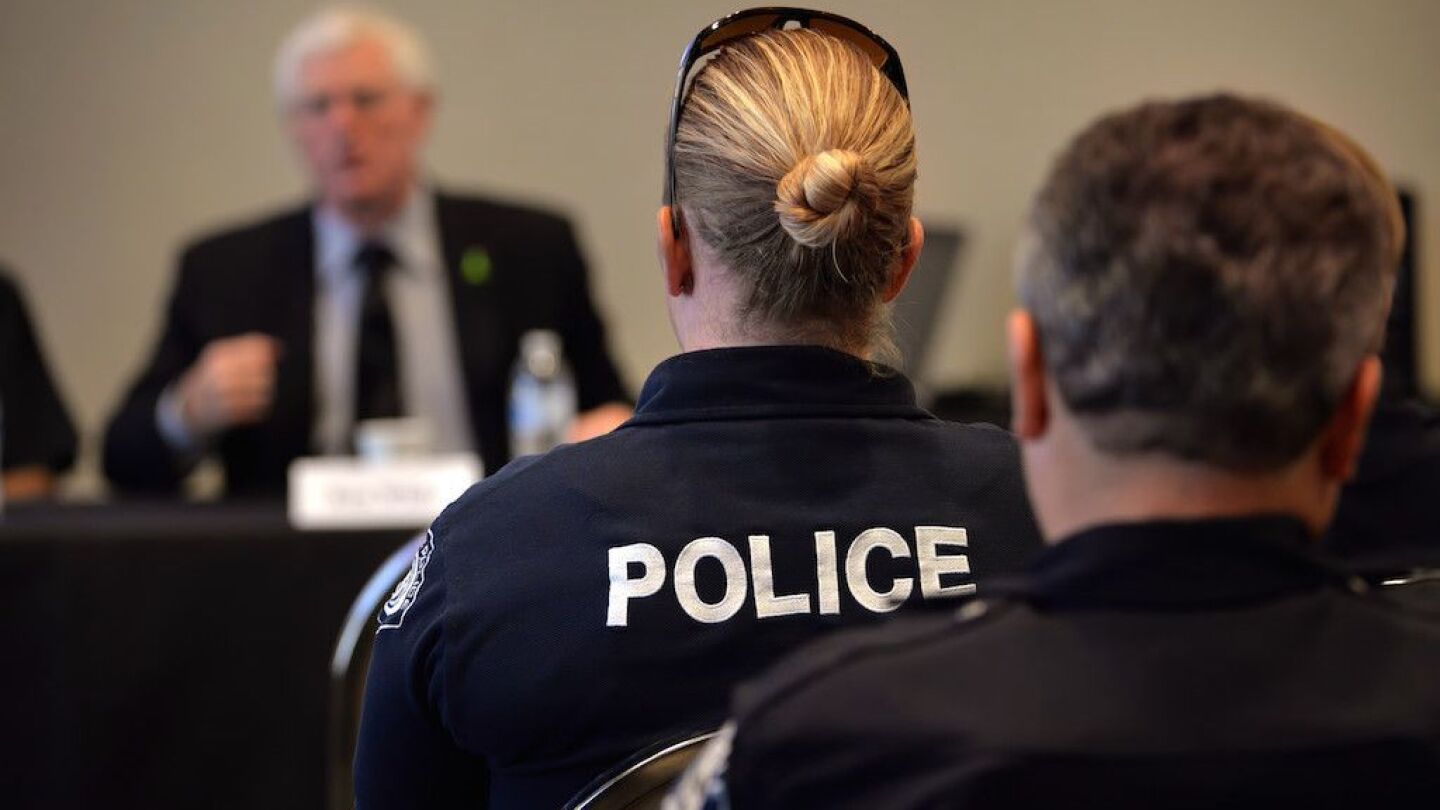De-escalation
Police1’s De-escalation topic page delivers training strategies, case studies and expert insights to help officers reduce use of force, build trust and improve safety in high-stress encounters. Access webinars, videos and articles on communication tactics, crisis intervention and scenario-based training designed for patrol, supervisors and chiefs. Stay current with evolving policies and proven practices that strengthen officer performance and community relations.
Meet three black belt officers using martial arts to transform police training — locally, virtually and internationally
A three-minute police response was fast, but the officer’s quick thinking bridged the critical gap
Training members of the public in de-escalation techniques could decrease the risk to officers, the public and individuals in crisis
A suburban PD’s engagement strategies improvement plan provides officers with new tools to respond to minor police matters
The woman, who was clearly having a mental health crisis, was carrying an AK-47 and appeared to be wearing a vest filled with explosives
The primary challenge for the Richland County Sheriff’s Department Special Response Team going into 2022
Strategies to de-escalate the system to help things go right for people
De-escalation is often presented as a panacea for use of force reduction, but research on the effectiveness of de-escalation techniques is limited
Over $9 million will go toward expansion of the use of crisis intervention teams to embed mental and behavioral health services with law enforcement
As VR technology improves, complex scenarios can be developed that provide real value for officer training, as well as improve community engagement
Often used to create immersive gaming environments, virtual reality technology is being used to train officers to work through dangerous situations in safety
Law enforcement agencies across the country are using a variety of virtual reality and simulation training to better protect and serve
A look at some of the discussions and legislation that has been passed in major training areas over the past year
Partnership between Arizona State University and Tempe PD yielded a curriculum designed to help officers keep contacts with the public peaceful and productive
For a positive outcome in a heated situation, you must first de-escalate yourself and then the situation to solve the problem
The two-story building is one of only a few of its kind in the country
If we can manage our own emotions by understanding how an irate person affects us, we can remain calm in the face of provocation
Download this free eBook to learn why and how departments should strive to avoid high-speed pursuits through a combination of de-escalation tactics, training and technology
Of the nearly 50,000 annual crisis-related calls for service, the San Francisco Police Department used force only 51 times
Having a toolbox filled with effective tools to instantly stop and/or discourage resistance can de-escalate many a situation
The scenarios, which are based on real-life situations, range from an actual use-of-force situation to a de-escalation using verbal communication
A detective and a doctor explain why Presidia Gel and Reflex Remove close the gap when it comes to self-defense and why they both carry it on the job
Interactions with suspects can go from calm to violent within seconds, and officers need multiple tools to respond to varying levels of non-compliance
Reflex Protect Presidia Gel doesn’t spread once sprayed, and its effects can be easily reversed once compliance is achieved for quicker relief to the suspect and a quicker return to duty for the officer
Whenever officers respond to calls, they must constantly assess the mission they are tasked with – and that mission can change at any time
Learning to apply this hold short of pressure also means it can be used as a tactically superior escort hold
These techniques can’t be learned through casual viewing or assimilation. They can only be learned and maintained through repetition
A mental health professional acting as an on-scene consultant to police officers can reduce the likelihood of the situation escalating to violence
Training is a necessity and should be an ongoing priority at every police agency, but getting it done is not as simple as it may seem
The officers, who were stabbed in the face and head, called in the department’s special response team and a crisis negotiator
Framework of key policing reform proposals can be used as a starting point for bipartisan consensus
Officers who use simulation training programs are more confident, use less force
Reality-based scenarios can help improve communication techniques to reduce use of force in calls involving people in emotional distress
MOST POPULAR
- Honoring veterans in distress
- A letter to the American public: Why ‘shoot them in the leg’ is not an effective strategy
-
On-demand webinar: Tactical disengagement and de-escalation
- Former Chicago police officer awarded on-duty injury benefits after being shot in a bar
- Virtual reality training pays off in armed encounter

































